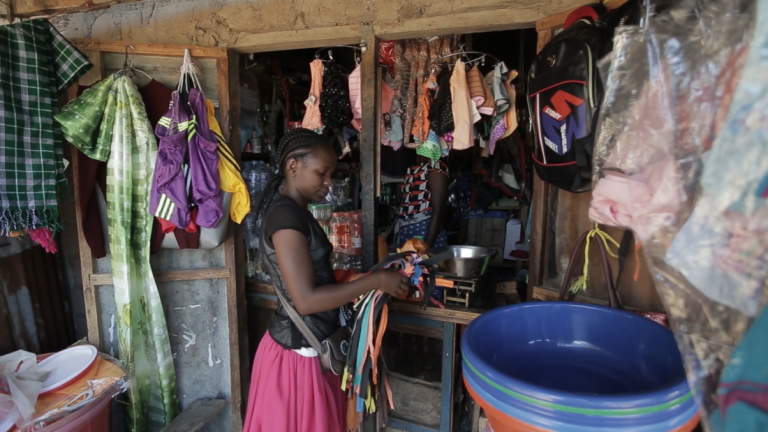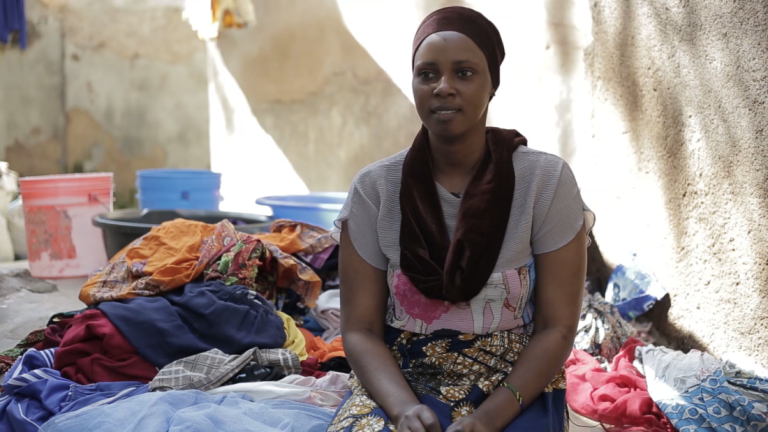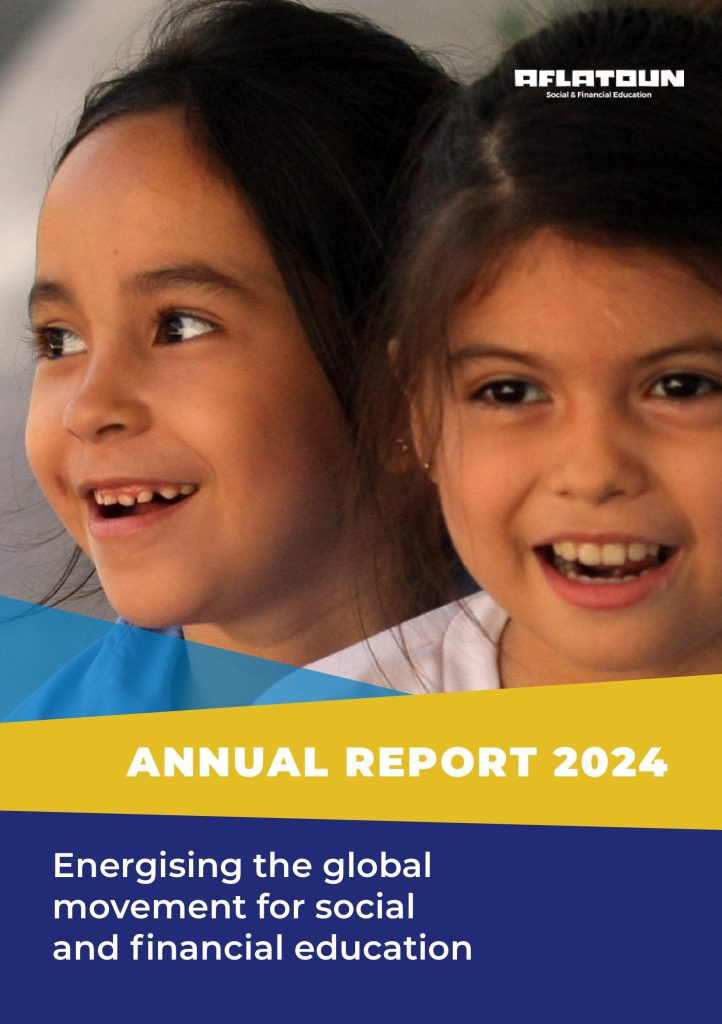A Successful Tailoring Business
The journey of young Tanzanian women towards empowerment through education introduces us to Siwema Paul and Chiku Swalehe. After giving birth, Siwema and Chiku were forced to leave school and could not find jobs that could provide them with financial stability. However, they both found the Elimu Haina Mwisho Skills Development Programme, and it significantly impacted their lives.
The Elimu Haina Mwisho Skills Development Programme was a three-year project implemented by our local partner Karibu Tanzania Organisation in partnership with the Ministry of Education of Tanzania and funded by the Mastercard Foundation. The programme was created so that young women could resume and finish their secondary education. The programme provided young women with vocational training and social and financial education, empowering them to gain the necessary 21-century skills to become self or formally employed or further their studies in formal schooling.
Within this programme’s context and needs, Aflatoun International adapted its Life Skills, Financial and Entrepreneurship Education curricula. In the Life Skills courses, young women learned about their rights and responsibilities, understood their values and built self-esteem and confidence, which can equip them with the best tools to overcome challenges in the future.
The programme also focused on raising awareness of young Tanzanian women and gender issues in the communities, discussing gender-based violence, peer pressure, and community engagement. Through Entrepreneurship Education, participants were also able to learn about the balance between saving and spending, about small and medium enterprises, and learned how to analyse business ideas and identify the best ways to realise them. The young women studied planning and budgeting and how to make their first steps to create their social and financial enterprises.
After becoming a mother, Siwema Paul faced a number of challenges with her family, and the temporary jobs she could find did not pay enough to sustain herself and her child. In addition, when she talked about the Elimu Haina Mwisho, her relatives were doubtful and believed she would fail in completing it and refusing to take care of her child in the meantime. Nonetheless, Siwema did not sgive up and started the programme, making use of the Folk Development College (FDC) daycare, which allowed her to pursue her courses.

Thanks to the programme, Siwema gained tailoring skills and, combined with the entrepreneurship knowledge provided by the Aflatoun curricula, she was able to set up her small enterprise and launched her career. She opened her own tailoring shop, which has had great success in the town.
Siwema became self-sufficient, her family is not against her anymore, and actually relies on her for financial support now. As Siwema’s business was thriving, she started training two boys and three girls for the job. Now, she is happy, independent and confident in her skills; she said her goal is to become successful, and believing in herself more than ever, she will give it her best to make this a reality.

Chiku Swalehe had the opportunity to go back to school years after dropping out, through the Elimu Haina Mwisho programme. She encountered resistance and obstacles on the way, but when she found the opportunity to resume her studies, while her child could stay in the FDC daycare, she did not hesitate.
She valued the Skills Development Programme because it provided her with training in a specific field, electricity, and taught her how to find other sources of income and pursue different opportunities across sectors. As a result, she is now working as a mobile money agent, and she can follow different career paths and possibilities.
She advises young girls to keep studying and never miss an opportunity to resume school because the Elimu Haina Mwisho programme truly changed her life for the better. Now, she is self-confident and believes in her ability to become an agent of change for her future.












